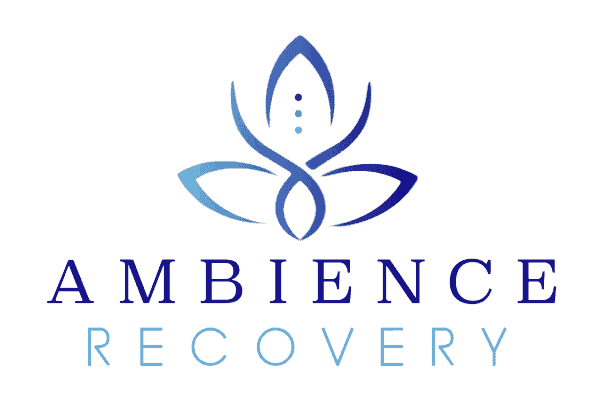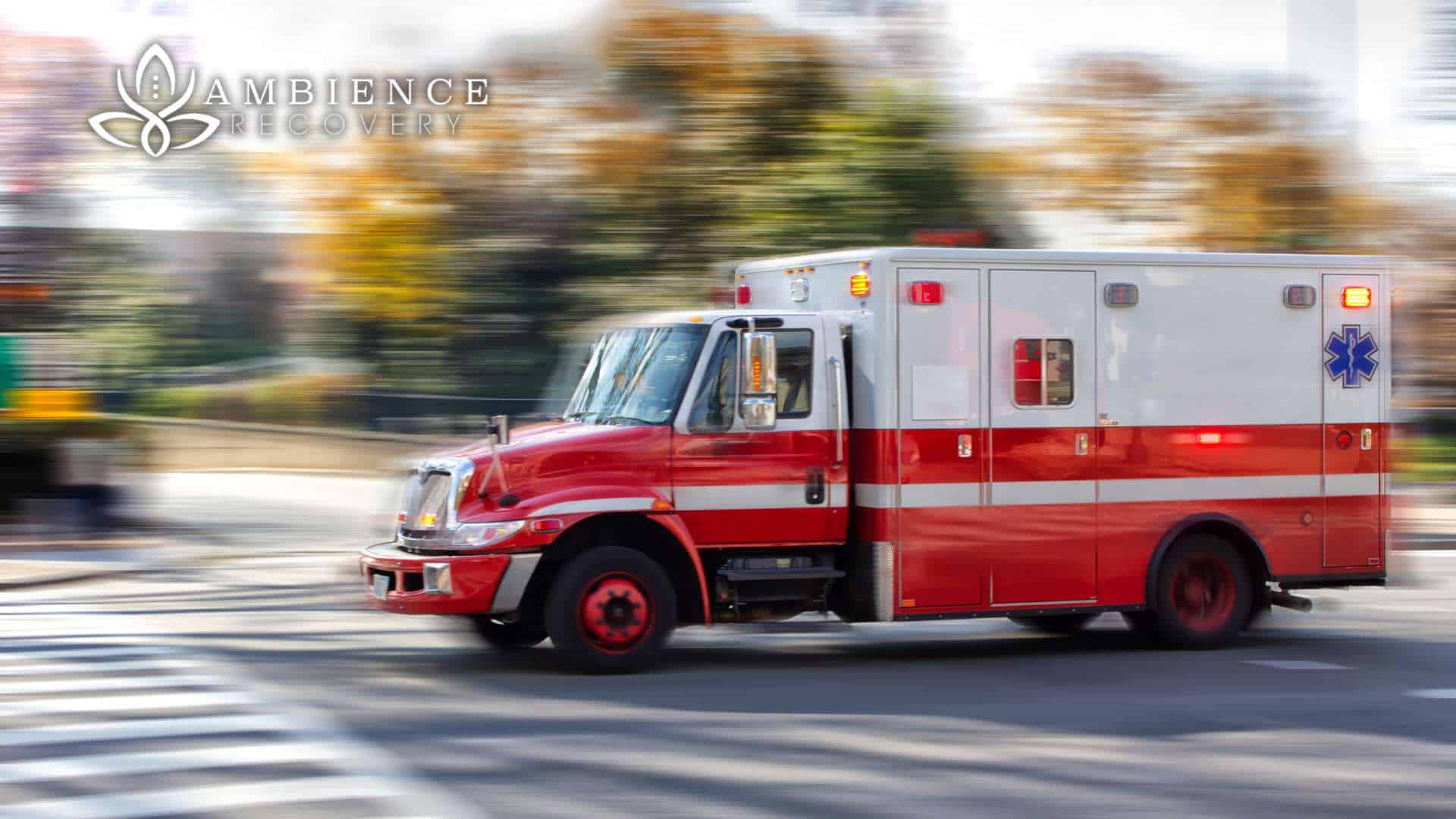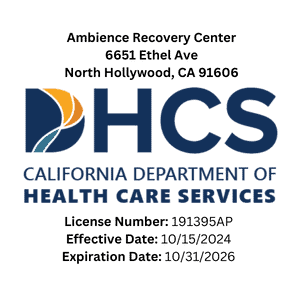Key Takeaways
- Overdoses happen when the body cannot process a toxic substance amount.
- Symptoms may include slowed breathing, confusion, or loss of consciousness.
- Risk factors include mixing substances, using alone, and high-potency drugs.
- Immediate medical intervention is essential to prevent fatalities.
- Long-term recovery requires detox, treatment, and support systems.
What Are the Consequences & Risk Factors of a Drug Overdose?
Drug overdoses are a critical public health issue affecting individuals and families across the nation. An overdose occurs when a person consumes a toxic amount of a substance, overwhelming the body’s ability to function. Substances involved can range from opioids like fentanyl and heroin to stimulants like cocaine or even alcohol. Recognizing the signs of an overdose and understanding the risks can save lives.
What is a Drug Overdose?
A drug overdose occurs when a person takes more of a substance than their body can handle, leading to toxic effects on the brain and other vital organs. Overdoses can result from prescription medications, illicit drugs, or a combination of substances. For instance, opioids like heroin and fentanyl are among the most common substances involved in overdose deaths. Stimulants like cocaine and methamphetamine, as well as alcohol, are also significant contributors.
The severity of an overdose depends on various factors, including the substance used, the quantity consumed, and the individual’s physical condition. Without medical intervention, an overdose can result in long-term health complications or even death.
Signs and Symptoms of an Overdose
Recognizing the symptoms of an overdose is crucial for taking immediate action. Symptoms can vary depending on the substance involved:
Opioid Overdose Symptoms
- Slowed or stopped breathing.
- Pinpoint pupils.
- Unconsciousness or inability to wake up.
Stimulant Overdose Symptoms
- Rapid heartbeat.
- Agitation or confusion.
- High body temperature or sweating excessively.
Alcohol Overdose Symptoms
- Vomiting.
- Seizures.
- Loss of consciousness.
If you suspect someone is overdosing, call 911 immediately. Administer naloxone if opioids are involved, and stay with the person until help arrives.
Common Risk Factors for Overdose
Several factors increase the risk of a drug overdose. Understanding these can help prevent future incidents:
Mixing Substances
Combining drugs, such as mixing alcohol with prescription opioids, can amplify their effects and increase toxicity.
Using Alone
Without someone nearby to assist or call for help, the risk of a fatal overdose rises significantly.
Fentanyl Contamination
Fentanyl is a synthetic opioid that is 50-100 times more potent than morphine. Even a small amount can be deadly, and it is often unknowingly mixed into other drugs.
High Tolerance or Relapse
People who have taken a break from drug use or are in recovery are at greater risk. Their bodies may no longer tolerate the same doses they once used.
Short- and Long-Term Consequences of an Overdose
Immediate Health Risks
- Respiratory failure or cardiac arrest.
- Brain damage caused by oxygen deprivation.
- Coma or death without medical intervention.
Long-Term Health Effects
- Permanent damage to the liver, kidneys, or brain.
- Increased risk of chronic diseases.
- Psychological conditions such as anxiety or depression.
Social and Emotional Consequences
- Strained relationships with family and friends.
- Job loss or financial instability.
- Emotional distress, including feelings of guilt or shame.
Emergency Responses to an Overdose
If someone is experiencing an overdose, quick action is critical. Here’s what to do:
- Call 911 Immediately. Explain the situation clearly to the dispatcher.
- Administer Naloxone. If available, this medication can temporarily reverse opioid overdoses.
- Position the Person Safely. Place them in the recovery position (on their side) to prevent choking.
- Stay With Them. Do not leave the person alone until emergency responders arrive.
Acting fast can make the difference between life and death.
Treatment for Substance Use Disorders to Prevent Overdose
Recovering from substance use disorders is key to preventing future overdoses. Comprehensive treatment plans can include:
Detoxification
Medical detox helps individuals safely clear drugs from their system under professional supervision.
Medication-Assisted Treatment (MAT)
Medications like buprenorphine or methadone can help reduce cravings and withdrawal symptoms, especially for opioid addiction.
Behavioral Therapies
Cognitive-behavioral therapy (CBT) and group counseling provide tools to address the underlying causes of addiction.
Support Systems
Joining support groups or engaging in aftercare programs helps individuals stay on track with their recovery goals.
Ambience Recovery specializes in personalized treatment plans, ensuring each client receives the care and support they need. The center also helps clients manage costs and arrange travel for their treatment journey.
Conclusion
Drug overdoses are life-threatening events that require immediate attention and long-term care. Understanding the risks, symptoms, and treatment options can help save lives and prevent future overdoses. If you or a loved one is struggling with addiction, professional treatment is the first step toward recovery.
Call Ambience Recovery today at 866-721-7470 to begin your journey toward healing and health.
FAQs
What are the most common drugs involved in overdoses?
Opioids like fentanyl and heroin, stimulants such as cocaine, and alcohol are common substances.
How can naloxone help during an overdose?
Naloxone temporarily reverses the effects of opioid overdoses, restoring breathing and consciousness.
What should I do if I suspect someone is overdosing?
Call 911, administer naloxone if available, and stay with the person until help arrives.
Are overdoses always fatal?
No, many overdoses are non-fatal but can result in severe long-term health issues without medical care.
How does Ambience Recovery help prevent future overdoses?
Ambience Recovery offers comprehensive detox, therapy, and support programs to address addiction and its underlying causes.
Resources
https://harmreduction.org/issues/overdose-prevention/overview/overdose-basics/what-is-an-overdose/
https://www.pa.gov/agencies/ddap/overdose.html
https://www.cdc.gov/nchs/nvss/vsrr/drug-overdose-data.htm
Katie is a Licensed Clinical Social Worker who has worked as a primary therapist, supervisor, and now clinical director for SUD/MH treatment centers for the past 12 years. Katie is trained in Brainspotting, EMDR, Internal Family Systems and Dialectical Behavior Therapy and is passionate about treating substance use disorders, trauma and grief.






